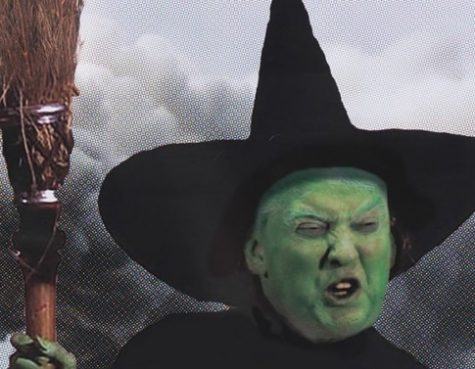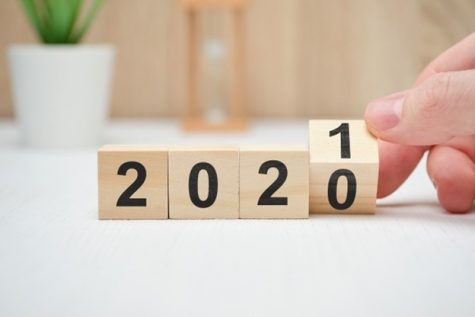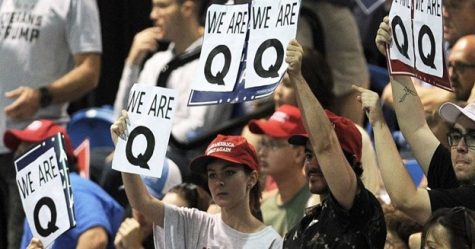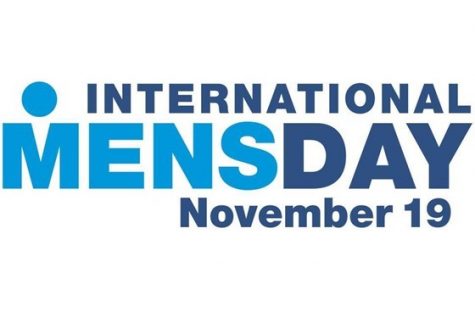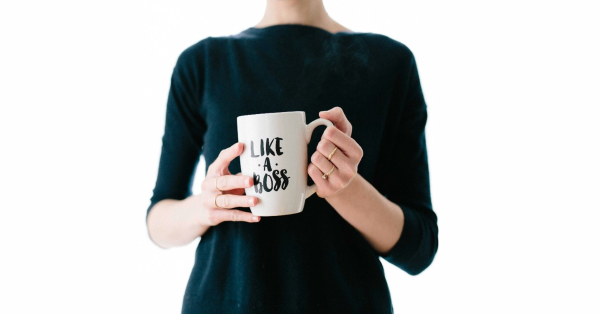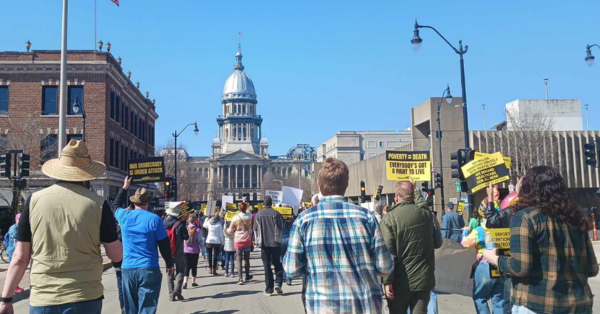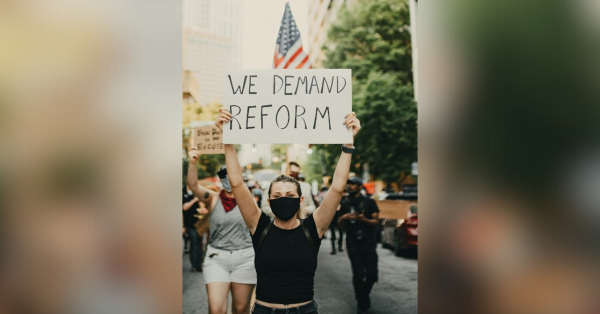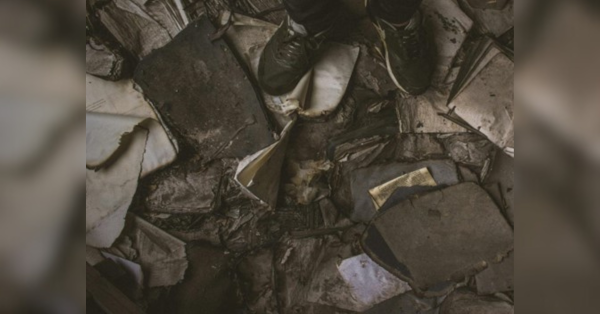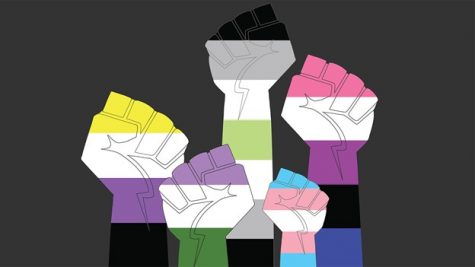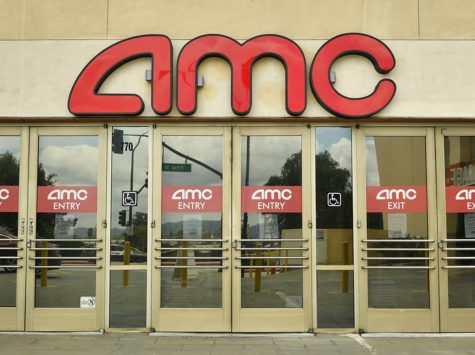The Real Reasons Trump Refused the Second Debate
On October 15, the two main candidates for the U.S. Presidential Election, Donald Trump and Joe Biden, were supposed to meet for the second time on the debate stage. They did not. If you ask the Biden campaign, it is because Trump recently tested positive for COVID-19 and refused to participate in a virtual debate. If you ask the Trump campaign, it is because the Biden campaign and the Commission on Presidential Debates refused to honor the previous agreements on an in-person debate format. The real reason Trump refused is the simplest answer in professional politics – a virtual debate would not be politically advantageous for him.
The reasons for this are threefold. First, despite bluster to the contrary, there is strong evidence to support the argument that Biden gained more ground than Trump in the first debate. This can be seen in a few comments by conservative commentators. Rich Lowry, Editor of the National Review, described the debate by saying “Trump turned in a performance that a lot of viewers will find unpresidential without getting the upside.” Chris Christie, former Governor of New Jersey and a member of Trump’s prep-team for the first debate, said of Trump’s performance to ABC: “The problems the president had tonight can potentially be fixed.” Guy Benson, a Fox News contributor, said regarding Biden, “Biden’s overall goal was to look like an acceptable alternative for voters who are exhausted by Trump and want a change. I suspect he succeeded…so he won the night.” Finally, the all-important numbers, according to one CBS poll Biden walked away with 38 percent of voters thinking better of him and 32 percent thinking worse. This is not a big win, but it is a stronger performance than Trump, who walked away with 24 percent thinking better of him and 42 percent thinking worse. Another measure, betting odds on the result of the election (which is illegal within the United States but legal abroad, before anyone decides to throw down some cash) showed a 3 percent increase in the odds of a Biden victory. Put this all together and it paints a rather grim picture of the first debate from Trump’s perspective.
The second reason has to do with Trump’s debating style. While there is some argument as to how effective it is in appealing to voters, Trump has a clear preference for a particular style of debate that matches his personality. Essentially, he likes to break the rules. He prefers to talk over his opponents and interrupt them during their speaking time. He likes to badger, bully and argue with the moderator. Forcing him into a formal debate structure would prevent him from making use of these sorts of tactics and the only effective way of enforcing the rules of a formal debate with Trump would be to disable his microphone or, in the case of a virtual debate, mute him. Even in the case of the former, Trump would still be able to interrupt and badger his opponent, even if Biden was the only one capable of hearing him. A virtual debate, on the other hand, would allow the moderator to actually mute Trump, denying him the stage presence and crosstalk he enjoys. Trump is a showman first – he wants to highlight his high-energy aggression in favor of Biden’s more formal and restrained style. If he cannot do this, he will see no reason to show up.
Third, as with everything in this election, the decision is tied back to the pandemic. Insisting on an in-person debate helped enforce the narrative Trump has pushed extensively, that COVID-19 is far less serious than it has been made out to be and people should be continuing on as normal. Just as importantly, the Trump campaign likely knew that the Biden campaign would not run the risk of exposing their candidate to a potentially contagious Trump. By insisting on an in-person debate, they put the onus on the Biden campaign to back out, potentially making them look weak in the process. Instead, both candidates engaged in competing town hall events, the impact of which has yet to be seen.



